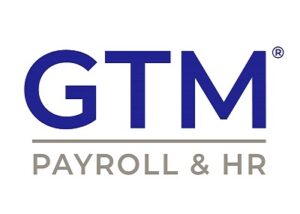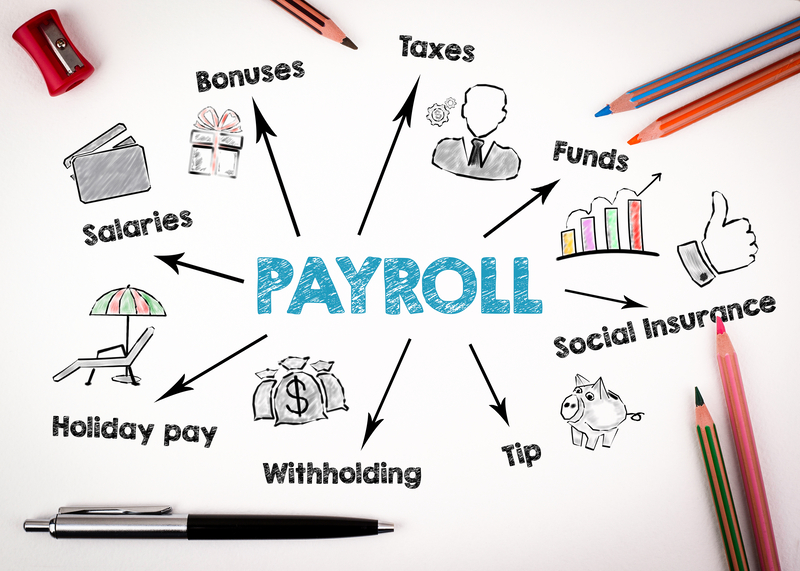Hiring private service professionals (aka PSPs) (sometimes referred to as household or domestic employees or estate staff), such as estate managers, nannies, or personal chefs, may greatly enhance the quality of life for principals and their families.
However, employing private staff comes with employer responsibilities and legal obligations that principals need to understand.
Let’s explore the essential aspects of hiring private service professionals and what principals need to know to ensure a smooth and lawful employment relationship.
Who is a Private Service Professional?
Private service professionals are staff hired to perform services in or around a private residence. These services typically include:
· Childcare
· Housekeeping
· Meal preparation
· Groundskeeping
· Security
· Personal assistance
Estate staff titles may include:
· Nanny
· Housekeeper
· Personal Assistant
· Driver
· Groundskeeper
· Personal chef
· Butler
Supervisory roles may include:
· Estate Manager
· Household Manager
· Director of Residence
· Chief of Staff
The key distinction is that private service professionals work under the direction and control of the employer. They follow set schedules, take direction, and use tools and equipment provided by the principal, making them integral to the daily functioning of the estate. The IRS specifically calls out household workers as employees.
Distinguishing PSPs from Independent Contractors
Control and Independence
Principals exercise significant control over the duties and expectations of estate staff. They set work schedules, provide instructions, and determine the tasks to be performed by the private service professional. Estate staff also use tools and equipment provided to them by the estate, making a PSP an employee of the principal. Independent contractors, on the other hand, have more autonomy. They generally have control over their work, may choose when and how they complete tasks, and often use their own tools and equipment.
Taxes and Benefits
Principals are responsible for withholding and remitting taxes on behalf of their estate staff, including Social Security, Medicare, and income taxes. They may be required to provide benefits such as workers’ compensation, disability insurance, and/or paid sick and family leave. Principals also pay the employer’s share of Social Security and Medicare as well as federal and state unemployment taxes.
PSPs may also be covered by a Domestic Workers’ Bill of Rights in their state, which typically provides workplace protections and could specify pay frequency, rest time, and other terms of employment.
On the other hand, independent contractors are responsible for managing their own taxes, are not entitled to employee benefits from the principal, and may not be covered by workplace protections. They will often carry their own liability insurance when performing work at a client’s place of residence.
Contracts and Duration
Employment relationships with private service professionals are typically ongoing, and there is usually an employment contract or work agreement outlining:
· Work schedule
· Pay rates (including overtime rates)
· Pay frequency
· Benefits, reimbursements, stipends
· Paid time off
· Confidentiality clause
· Estate rules
· Performance reviews
· Time frame of employment
· Live-in accommodations (if provided)
· Termination policy
Independent contractors are often hired for specific projects or limited duration, with a written agreement that specifies the scope of work and payment terms.
Requirements for Hiring Estate Staff
When hiring estate staff, it’s crucial to comply with federal, state, and local tax, wage, and labor laws. Before hiring a private service professional, you must verify their eligibility to work in the U.S. by completing Form I-9, issued by the U.S. Citizenship and Immigration Services (USCIS). The form should be filled out promptly, typically on the employee’s first day of work.
Employment Agreements
Creating a clear and comprehensive employment agreement is essential for a successful professional relationship. The agreement should outline the following:
Job Duties
Specify the employee’s responsibilities, working hours, and any specific tasks or expectations.
Compensation
Clearly state the hourly wage, pay frequency, and any additional benefits, such as paid time off, health insurance, or a retirement plan. Discuss these options with your employee and outline them clearly in the employment agreement.
Duration of Employment
Indicates whether the employment is temporary, part-time, full-time, or ongoing.
Termination Policies
Describes the process for terminating employment, including notice periods and severance pay, if applicable. States will have specific requirements on the timing of final payment of wages and whether terminated employees need to be compensated for accrued but unused paid time off.
Confidentiality and Non-Disclosure
If your private service professional has access to sensitive information, consider having an attorney draft a confidentiality clause to protect your privacy.
Estate Staff and Taxes
When hiring private service professionals, principals need to be aware of several legal requirements to ensure compliance with labor laws and tax regulations. Principals are responsible for withholding and remitting payroll taxes, including federal income tax (state and local income taxes, if applicable), Social Security, and Medicare taxes. You may also need to contribute to federal and state unemployment insurance. Failure to do so may result in fines, penalties, and payment of back taxes with interest.
Set Up a Payroll System
Consider using a payroll service to ensure accurate wage calculations, timely pay for employees, and tax withholdings.
Pay Appropriate Taxes
Deduct the required federal, state, and local taxes from your employee’s wages and remit them to the appropriate tax agencies. This is typically done on a quarterly basis.
Follow Minimum Wage and Overtime Regulations
Be aware of federal, state, and local minimum wage rates and overtime rules. Private service professionals who work more than 40 hours per week are generally entitled to overtime pay.
Provide Wage Statements
Furnish your employees with pay stubs each pay period that detail wages, deductions, taxes withheld, and other items as determined by state law or a Domestic Workers’ Bill of Rights.
Keep Accurate Records
Maintain detailed records of your employee’s hours worked, wages paid, and any taxes withheld.
Obtain Workers’ Compensation Insurance
In addition to tax responsibilities, many states require principals to have workers’ compensation insurance for their estate staff. Coverage will help cover lost wages and medical expenses for any on-the-job injuries and illnesses. Not having the proper policy in place may be incredibly costly.
Understanding a Private Service Professionals’ Rights
Private service professionals have specific rights that employers need to follow.
Fair Labor Standards Act (FLSA)
Ensure your estate staff receives at least the federal, state, or local minimum wage and overtime pay when applicable. Comply with the FLSA to avoid wage and hour violations.
Sick and Family Leave
Depending on their state, some private service professionals may be eligible for sick and family leave. This leave may be paid and could require additional withholdings from any employee’s pay. Principals should be aware of their state’s sick and family leave laws and provide appropriate accommodations to their employees when required.
Anti-Discrimination Laws
Private service employees may be covered by state anti-discrimination, anti-harassment, human rights laws, and other workplace protections. A best practice is to treat all employees fairly and equally and not discriminate based on race, gender, religion, disability, or other factors.
Domestic Worker Protection Laws
Some states and cities have a + that household employers must adhere to.
Conclusion
Hiring private service professionals may greatly benefit your estate and comes with legal responsibilities and tax obligations.
By understanding and adhering to labor laws, creating clear employment agreements, managing taxes and payroll correctly, and respecting employee rights, you may establish a positive, professional, and compliant working relationship with your estate staff.
Contact legal counsel for legal advice to ensure you meet all requirements and provide a fair and safe working environment for your estate staff.
For a comprehensive, in-depth review of principal responsibilities, download this Complete Guide to Household Payroll.

PSA Members: Christa Nader and Patrick DiFiore
© 2024 Private Service Alliance, all rights reserved




